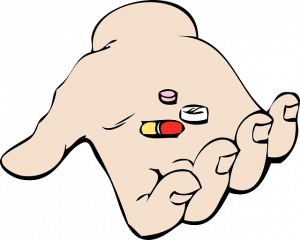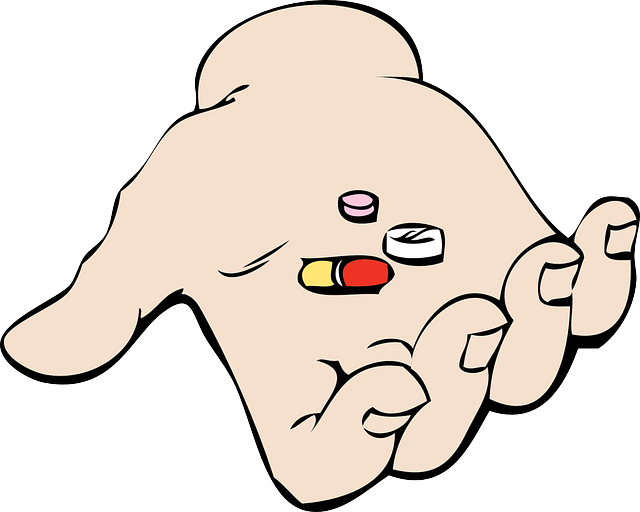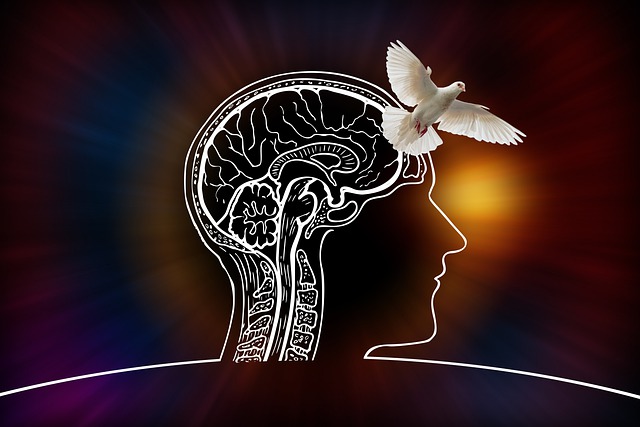Chronic pain is a debilitating condition that affects millions of people worldwide. It can be caused by a variety of factors, including injury, illness, or disease. Chronic pain can have a significant impact on daily life, making it difficult to perform even the simplest tasks. In this article, we will explore the causes of chronic pain and discuss various treatment options that can help manage this condition.
Understanding Chronic Pain
 Chronic pain is defined as pain that lasts for more than three months. It can be caused by a variety of factors, including injury, illness, or disease. There are several types of chronic pain, including neuropathic pain, which is caused by damage to the nerves; nociceptive pain, which is caused by tissue damage; and psychogenic pain, which is caused by psychological factors.
Chronic pain is defined as pain that lasts for more than three months. It can be caused by a variety of factors, including injury, illness, or disease. There are several types of chronic pain, including neuropathic pain, which is caused by damage to the nerves; nociceptive pain, which is caused by tissue damage; and psychogenic pain, which is caused by psychological factors.
Chronic pain can affect the body in many ways. It can cause fatigue, depression, anxiety, and sleep disturbances. It can also lead to decreased mobility and decreased quality of life.
Identifying the Causes of Chronic Pain
There are many common causes of chronic pain, including arthritis, fibromyalgia, back pain, and migraines. Identifying the root cause of your chronic pain is essential in developing an effective treatment plan.
To identify the root cause of your chronic pain, it is important to keep a journal of your symptoms and activities. This will help you identify any triggers that may be causing your pain. You should also consult with your healthcare provider to rule out any underlying medical conditions that may be contributing to your chronic pain.
Developing a Treatment Plan
There are several traditional medical treatments for chronic pain, including medication and surgery. However, there are also non-medical treatments that can be effective in managing chronic pain.
Non-medical treatments for chronic pain include physical therapy, massage therapy, acupuncture, and chiropractic care. These treatments can help reduce inflammation, improve mobility, and decrease pain.
It is important to develop a personalized treatment plan that takes into account your individual needs and preferences. Your healthcare provider can help you develop a treatment plan that is tailored to your specific needs.
Lifestyle Changes to Help Manage Chronic Pain
In addition to medical treatments, there are several lifestyle changes that can help manage chronic pain. These include diet and nutrition, exercise, and sleep hygiene.
A healthy diet that is rich in fruits, vegetables, and whole grains can help reduce inflammation and improve overall health. Exercise and physical therapy can help improve mobility and reduce pain. Good sleep hygiene, including establishing a regular sleep schedule and avoiding caffeine and alcohol before bedtime, can also help manage chronic pain.
Alternative Treatments for Chronic Pain
In addition to traditional medical treatments, there are several alternative treatments that can be effective in managing chronic pain. These include acupuncture, acupressure, massage therapy, and chiropractic care.
Acupuncture and acupressure involve the use of needles or pressure points to stimulate the body’s natural healing processes. Massage therapy can help reduce muscle tension and improve circulation. Chiropractic care involves the manipulation of the spine to improve mobility and reduce pain.
Managing Stress and Anxiety
Stress and anxiety can contribute to chronic pain by increasing inflammation in the body. Techniques for managing stress and anxiety include deep breathing exercises, meditation, yoga, and cognitive-behavioral therapy.
Seeking Professional Help for Chronic Pain
If you are experiencing chronic pain, it is important to seek professional help. Your healthcare provider can help you develop a treatment plan that is tailored to your specific needs. Other healthcare professionals who can help with chronic pain management include physical therapists, massage therapists, acupuncturists, chiropractors, and psychologists.
Chronic pain is a debilitating condition that affects millions of people worldwide. However, there are many treatment options available that can help manage this condition. By identifying the root cause of your chronic pain and developing a personalized treatment plan, you can break the cycle of chronic pain and improve your quality of life.
Remember to seek professional help if you are experiencing chronic pain, and don’t be afraid to ask for support and guidance along the way.








